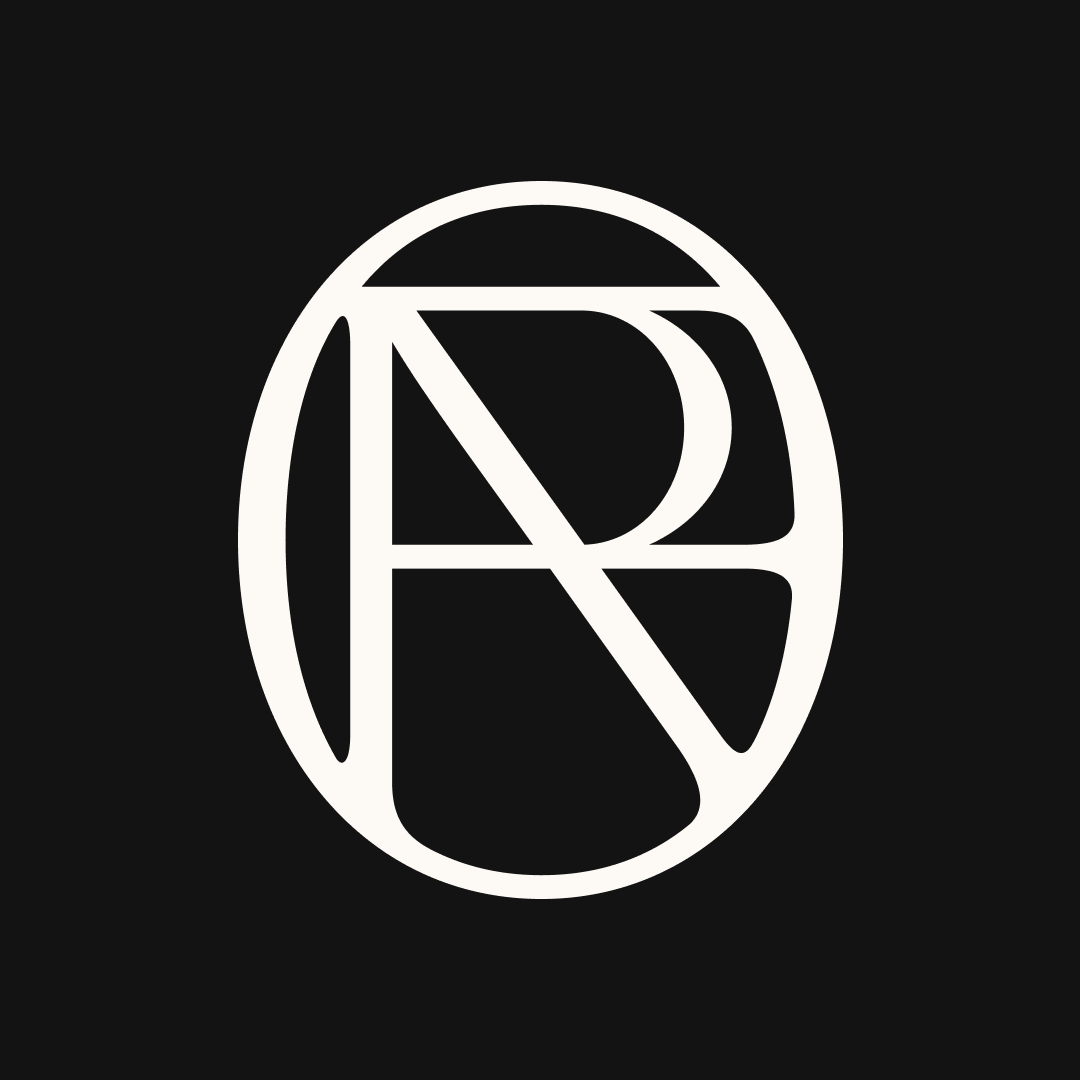For decades, travel agencies have used an IATA number to prove their legitimacy and facilitate various types of bookings around the world. But what exactly is the relationship between an IATA number and travel advisors? Below, we break down everything you need to know, including how to obtain access to an IATA number if you’re learning how to become a travel agent.
First, what does IATA stand for?
As a prospective travel agent (a.k.a. travel advisor), you might assume IATA translates to something along the lines of the “International Association of Travel Agencies.” But the acronym actually stands for International Air Transport Association.
What’s an IATA number then? What’s it used for?
In short, an IATA number is a unique identification number used by travel agents and agencies that proves legitimacy as a business, and essentially makes it possible for them to earn money by booking travel.
There are variations, but most IATA numbers are made up of a unique, seven-digit combination. Originally, these numbers were exclusively used to verify air ticket distributors. This allowed early travel agencies to sell tickets on behalf of airlines.
Over time, IATA numbers’ use grew. As hotel chains and other suppliers began expanding and adopting global distribution systems (GDS) to streamline bookings, it made more sense to use an existing identifier that was already strongly associated with the travel industry than to create an entirely new ID. Thus, the IATA number was adopted as the global standard for recognizing who booked what.
In other words, the use of IATA numbers has facilitated standardization within the travel industry, enabling smoother transactions and better tracking of bookings across different platforms and systems. It’s used widely within the travel industry for various purposes, including booking and ticketing, to identify travel agencies in transactions, and to enable agencies to work with airlines and other travel service providers. It's an important part of the infrastructure that supports global air travel and the wider travel industry.
IATA numbers ensure legitimacy

There’s a lengthy verification process to obtain an IATA number. This process ensures that a hotel can trust that a travel agent booking is legitimate.
IATA numbers are not the same as IATA codes
If this is your first foray into the travel industry, you may be more familiar with IATA’s work than you realize. IATA codes — those three-letter tags attached to nearly every airport in the world, like LAX for Los Angeles International Airport or LGA for LaGuardia Airport in NYC — have long been the global standard for airport identification.
Nevertheless, while IATA codes and IATA numbers are issued by the same organization, they have different uses.
Who uses an IATA number? Do you need one for your travel business?
Many jobs in the travel industry are associated with IATA numbers, as are tour operators, consolidators (including online travel agencies), airlines, freight companies, hotels, rental car agencies and other travel industry suppliers.
If you are a travel advisor, it’s best practice to have an IATA number to make bookings for clients. Again, the ID is part of the legal framework for proper legitimacy, tracking and payments. If you opt to work with a host agency like Fora, an IATA number will be provided to you.
Ultimately, having an IATA number is critical to be successful in the industry. Nearly all hotel groups, cruise lines, rental car companies and many other industry suppliers require an IATA number to disperse commission.
When did travel agents start using IATA numbers?

The widespread adoption of IATA numbers as a standard, global system by travel agencies began in the late 1950s, just as the travel industry was experiencing rapid growth.
However, the relationship between IATA and travel agencies goes back a little further. When the airline industry was taking off in the 1920s, it used travel agencies as intermediaries between travelers and the airlines, mostly to distribute tickets. This system worked, but it lacked standardization and required an airline to vet a travel agency repeatedly to ensure smooth financial transactions.
When IATA launched in 1945, the organization quickly filled a needed role to act as a middleman between the airlines and travel agencies. Critically, airlines no longer needed to constantly reevaluate a given agency if it was IATA accredited. Since then, IATA accreditation has remained the golden standard for airlines — and now other travel companies — to determine if a travel agency is a reliable partner.
Can an independent travel agent / advisor use a host agency’s IATA number?
Absolutely. In fact, this is generally one of the most attractive prospects for working with a travel agent host agency. Obtaining an IATA number as an individual agent is fairly difficult and time-consuming. But working with an accredited host agency is generally the preferred path because your host agency covers the legal framework behind getting an IATA number. This means that as a travel advisor, you can focus more on the core projects related to your role (planning and booking travel).
When you sign up to become a Fora Advisor, you’ll get access to our IATA number so that you can make travel bookings.
4 benefits of having an IATA number

Here’s a recap of the benefits of having an IATA number.
1. Proves an agency’s qualifications & credibility
First and perhaps most importantly, an IATA number guarantees that a travel agency has been evaluated as a reliable partner for industry suppliers. Without this ID, suppliers — including hotels, cruises and so on — have zero reason to recognize a travel agency’s bookings and are not bound to offer a commission for the agency’s services.
2. Allows an agency to access global booking systems
Beyond establishing an agency’s credibility, an IATA number also grants access to global distribution systems (hotel reservation platforms). If your agency lacks an IATA number, you won’t be able to access these systems to make bookings for clients.
At Fora, you’ll be able to see all of these rates directly in our booking platform.
3. Ensures easy dispersal of commissions
Like any form of ID, an IATA number makes the process of paying commissions much smoother. It tells a supplier exactly whom should be paid for making a reservation.
(P.S. If you’re curious about how travel agent commissions work, check out our guide.)
4. Proves industry regulator compliance
There’s a lot of legal work that goes into obtaining and keeping an IATA number. IATA numbers can be stripped from agencies that work outside of the confines of internationally recognized policies (this ensures the ability to protect a client’s data or secure financial transactions). Working with a host agency that has one means that you’re aligned with an organization that abides by industry protocol.
Of course, each host agency has its own policies, pros and cons, so there is more to consider beyond IATA accreditation.
Become a Fora Advisor and access our IATA number
Ready to start selling travel with an IATA number-wielding host travel agency? Apply to become a Fora Advisor today.
More IATA number FAQs

Have more questions about IATA numbers and travel agencies? Here are a few FAQ answers.
Recap: do you absolutely need an IATA number to be a travel agent?
To truly maximize your travel business, it is indeed important to have access to an IATA number — whether as an individual agent or through a partnership with a host agency. Otherwise, your travel business will largely be limited to planning itineraries (without bookings). That’s a huge disadvantage, as potential clients will likely seek out travel agents who can plan and book their trips.
How do you get your own IATA number?
When you work with a host agency, you will have access to their IATA number. This is the path that most independent travel advisors take. At Fora, we provide you with access to our IATA number.
If you want your own IATA number, you’ll have to apply and prove financial stability, professional competence and the ability to adhere to industry standards. It’s worth noting that it is a very time-intensive process and most independent travel advisors do not take this route.
Are there alternatives to IATA numbers / accreditation?
Technically, yes. But in practice, not really. While other systems exist, they tend to be regional or less widely recognized. Whether you’re looking to book global or domestic travel only, having an IATA number is ideal.
Are there any potential challenges to obtaining an IATA number?
As an independent travel advisor, not particularly. It basically comes down to whether you’re able to find a viable host agency to work with, such as Fora.
As a host agency, it is a time-intensive and paperwork-heavy process. Host agencies apply, and have to prove legitimacy. Potential challenges include financial instability, a lack of operational infrastructure, an inability to comply with industry standards or a failed background check at the agency management level.
Additional resources about becoming a travel advisor
Hear a few of the reasons to become a Fora Advisor from our travel advisors. Or, check out the guides below for more travel advisor resources:




